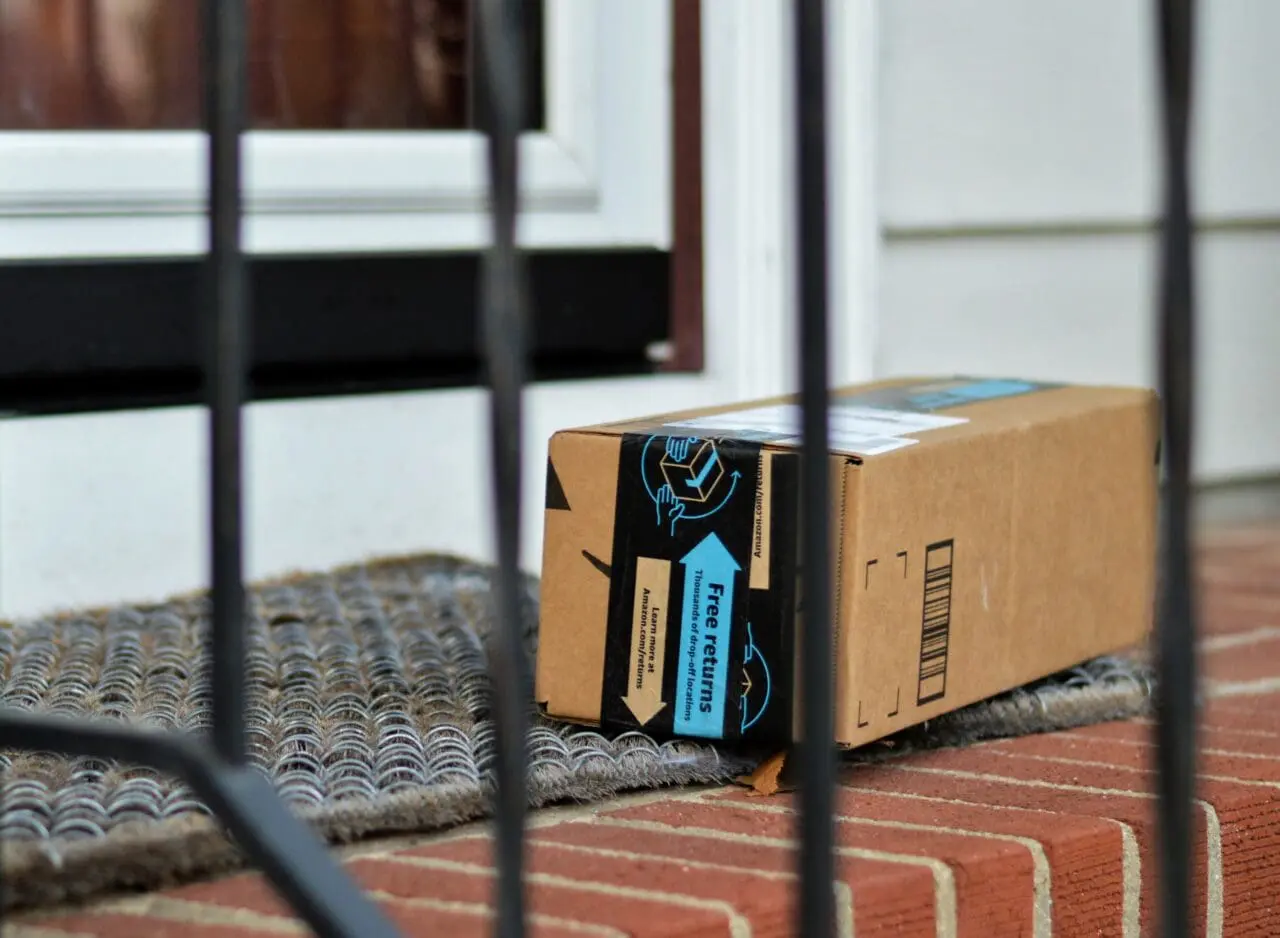

Amazon’s innovative drone delivery service, Prime Air, is set to undergo significant expansion, reaching out to the UK, Italy, and an undisclosed US city by the end of 2024. This expansion emphasises Amazon’s commitment to delivering packages faster and more efficiently, revolutionising traditional delivery systems.
Customers in the UK stand to gain greatly from these advancements in delivery technology. Beyond basic convenience, Prime Air’s ultra-fast drone delivery service means that consumers, particularly those in remote areas, will have greater access to a wider variety of products. Faster delivery times will also be a boon for last-minute shoppers and those requiring urgent deliveries.
The emergence of drone technology in the delivery industry, as led by Amazon’s Prime Air, poses a significant shift from traditional delivery methods. While traditional couriers offer the advantage of human interaction and the ability to handle complex delivery scenarios, the speed and efficiency of drone deliveries may force these companies to adapt and innovate to stay relevant.
Amazon’s Prime Air drones are technological marvels, combining cutting-edge design and advanced functionality. These automated drones are equipped with sensors that allow them to detect and avoid obstacles, sophisticated navigation systems for accurate delivery, and secure mechanisms to ensure the safety of the parcels they carry.
Safety and security are of paramount importance in Amazon’s Prime Air operations. The drones are designed to operate under rigorous safety standards, including sophisticated sense-and-avoid technology. Additionally, Amazon employs rigorous data security measures to protect customer information, ensuring that the innovative service is not only fast and efficient but also reliable.
Government regulations play a significant role in the expansion of drone delivery services. Amazon’s Prime Air has faced various regulatory challenges and successes in different countries. These experiences underscore the importance of a supportive legislative environment for the successful implementation and adoption of innovative delivery methods like Prime Air.
Amazon is committed to leveraging sustainable energy in its Prime Air operations, aligning with broader environmental objectives. Investments in renewable energy infrastructure not only reduce the environmental impact of the drone deliveries but also enhance the efficiency and longevity of the drone units themselves.
Amazon’s Prime Air expansion signifies a crucial turning point in the e-commerce industry. The use of drone technology for deliveries could redefine customer expectations, making ultra-fast delivery the norm rather than the exception. This shift could compel other e-commerce entities to seek their own innovative delivery solutions to keep up.
Amazon’s Prime Air expansion offers significant insights into the potential benefits and challenges of implementing drone delivery services on a large scale. While the obvious benefits include speedy deliveries and reduced operational costs, challenges may include regulatory hurdles, potential safety concerns, and the need for significant investment in technology and infrastructure. These lessons can inform other businesses seeking to explore this innovative model.


